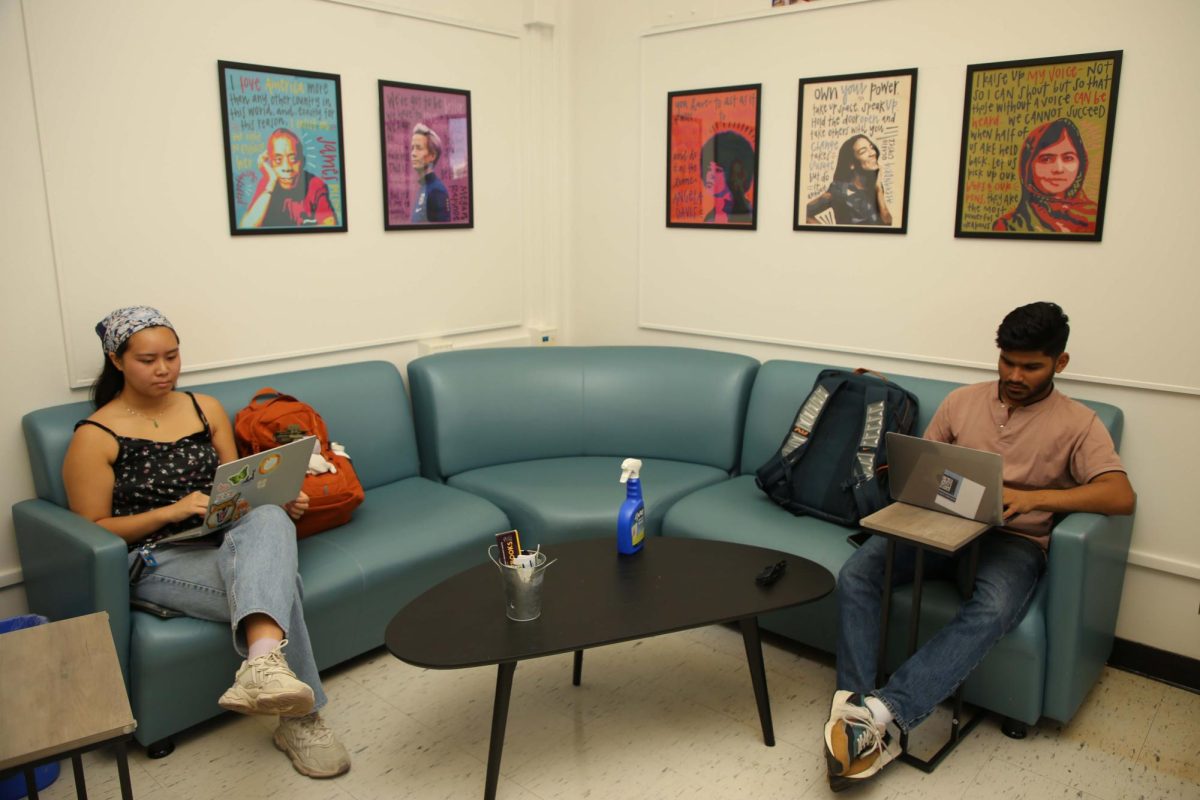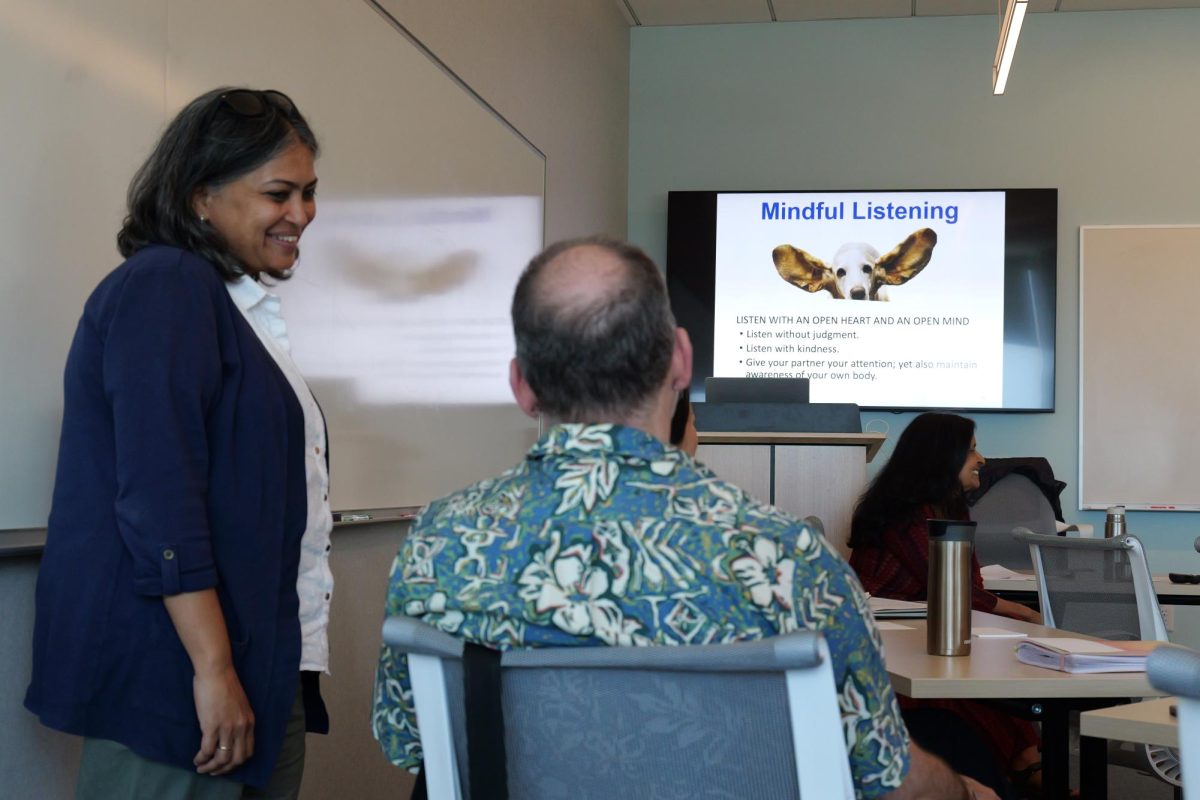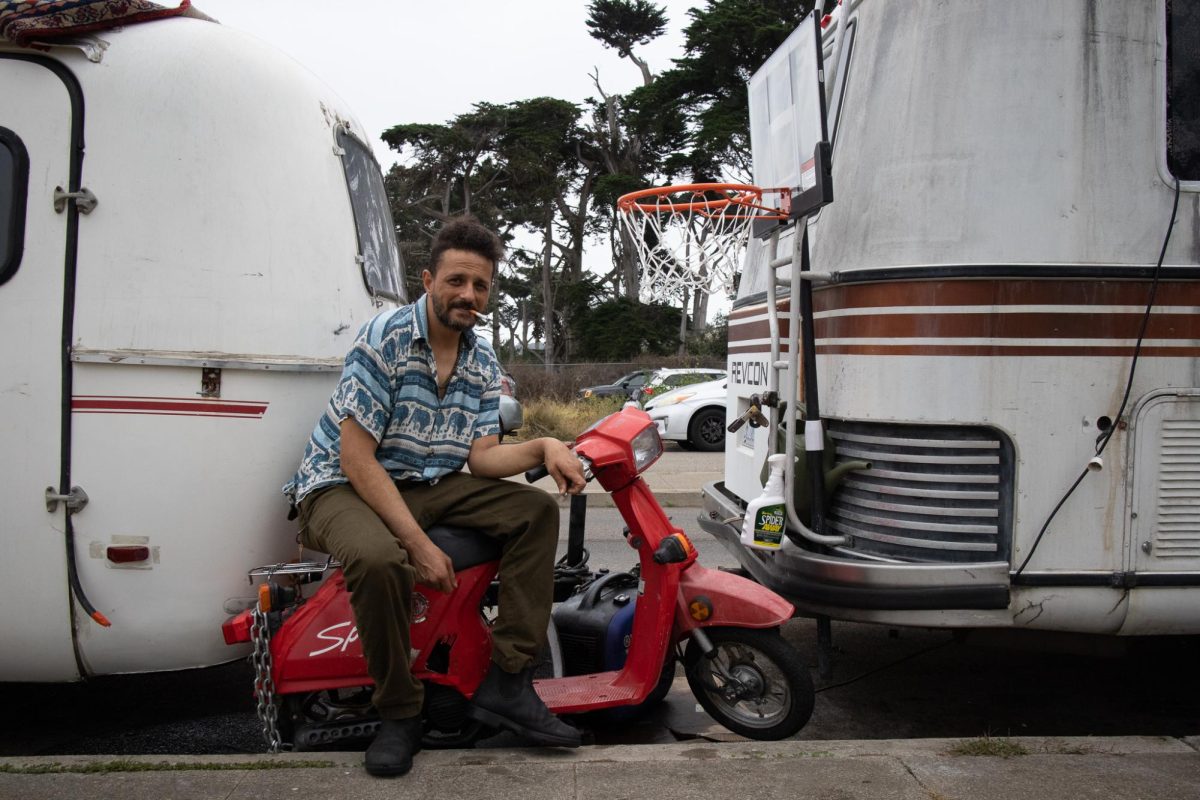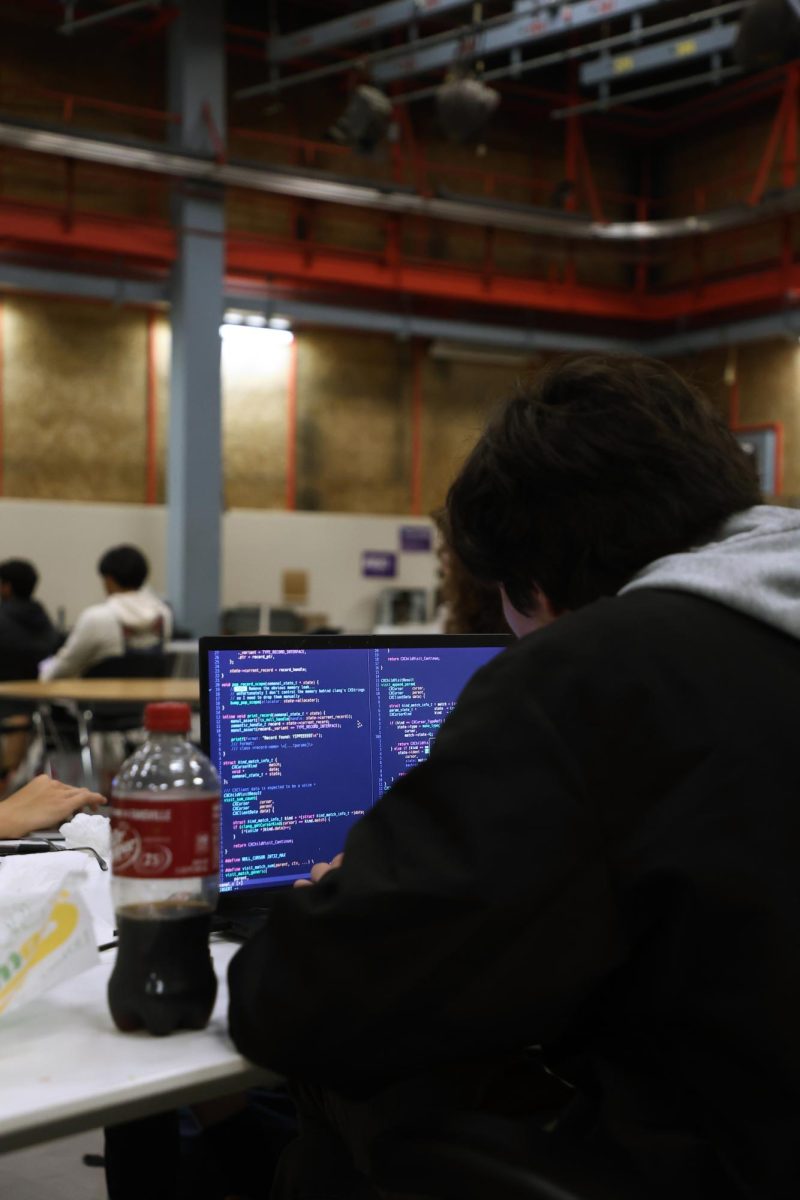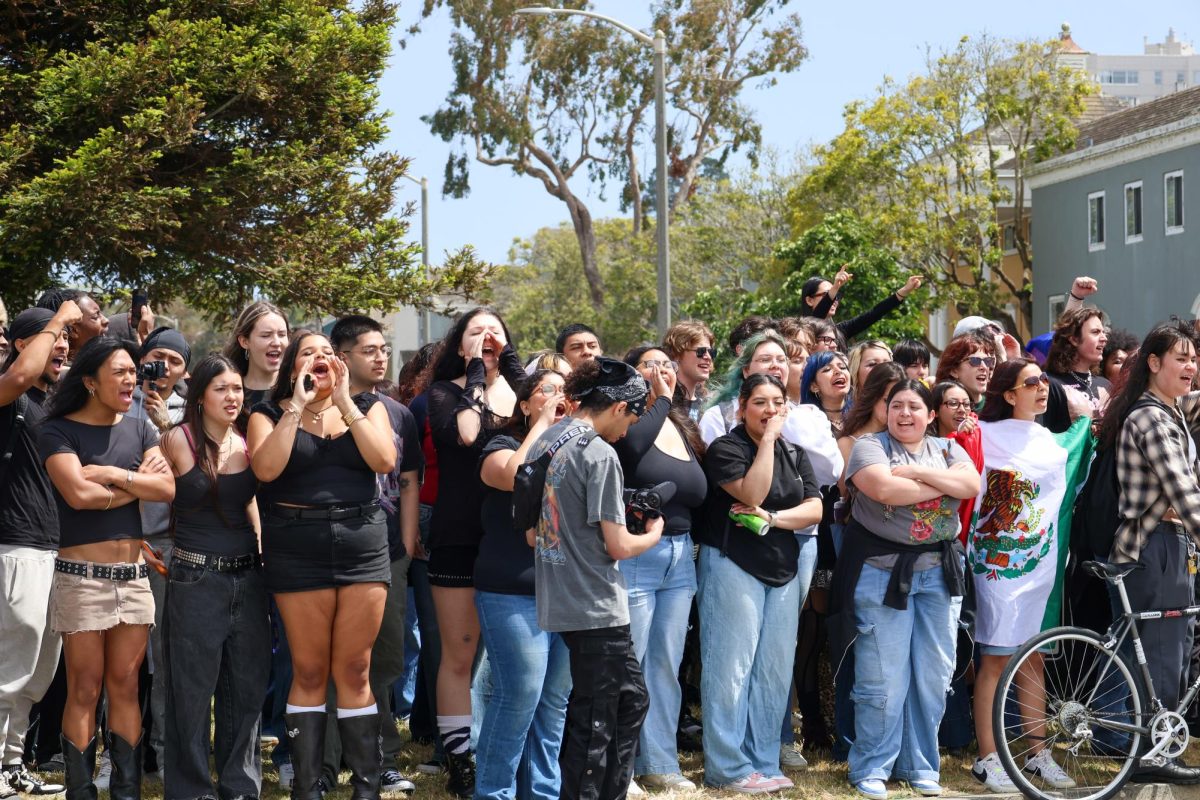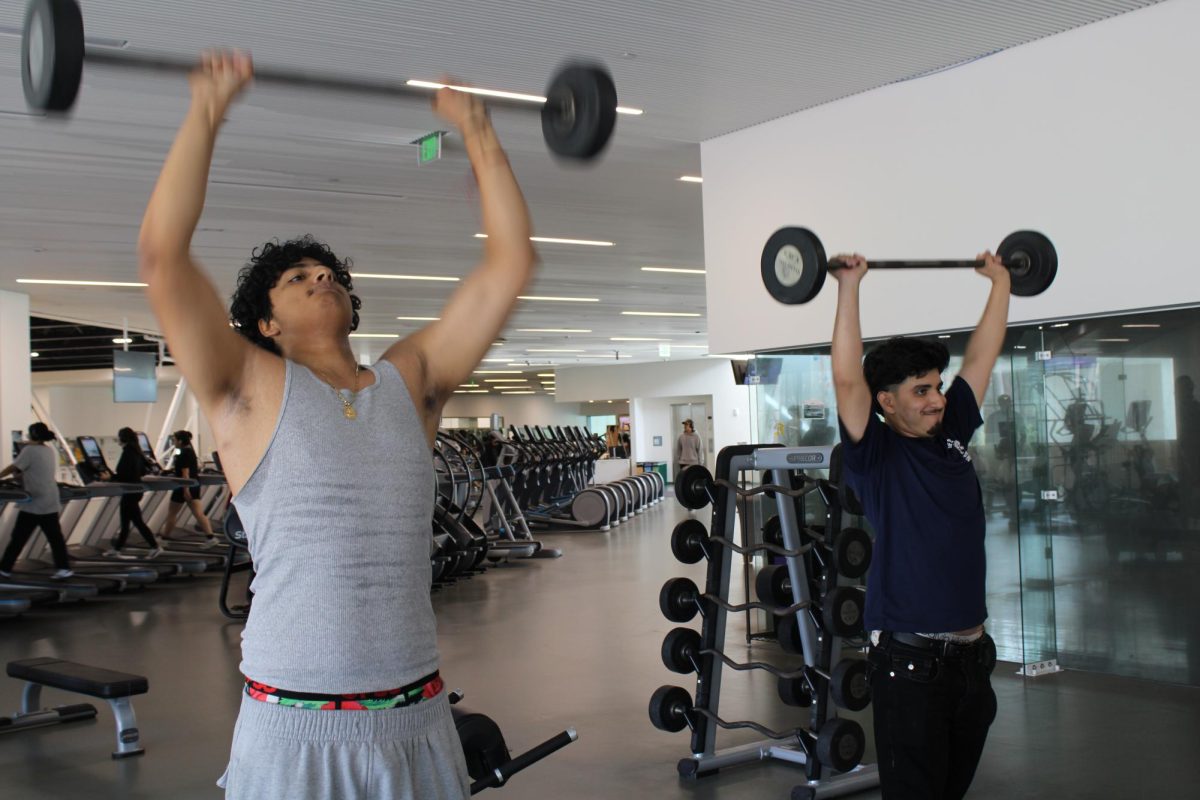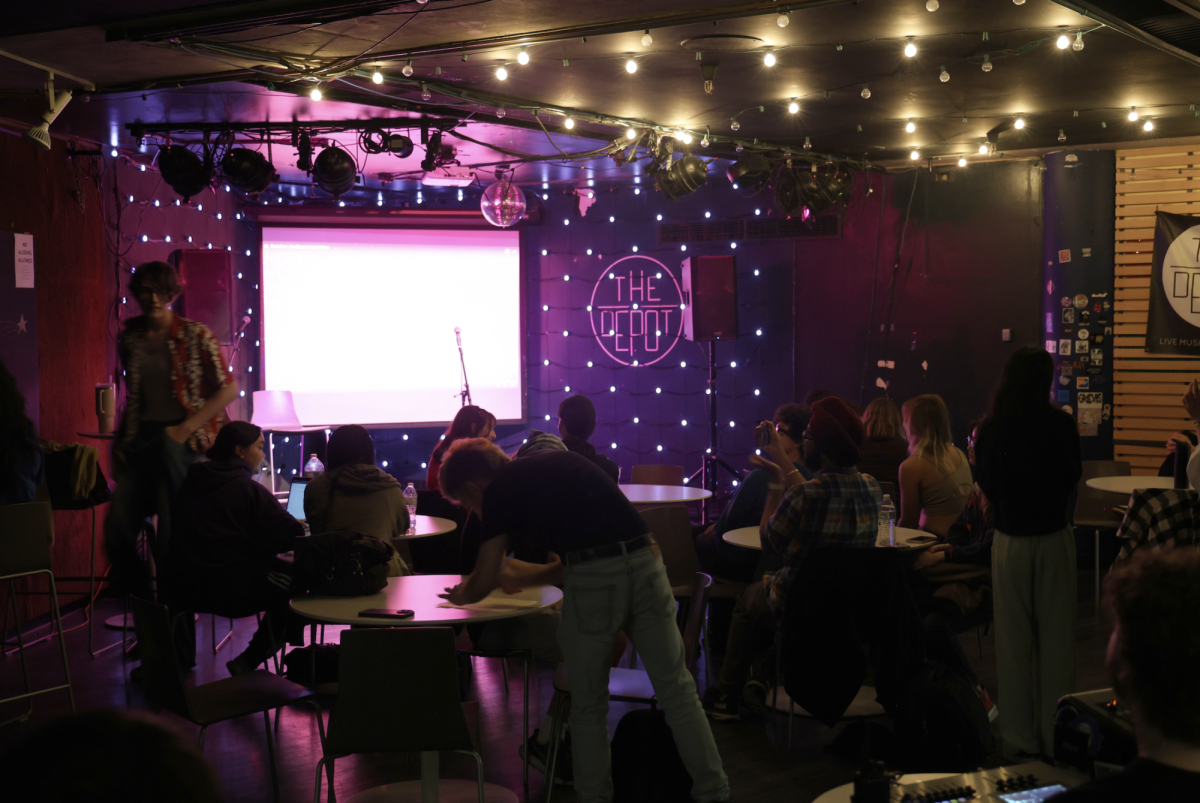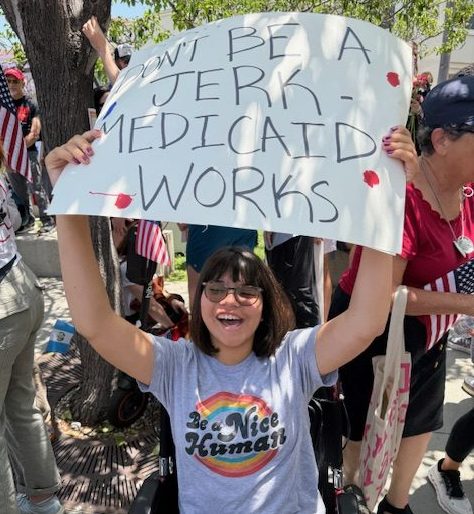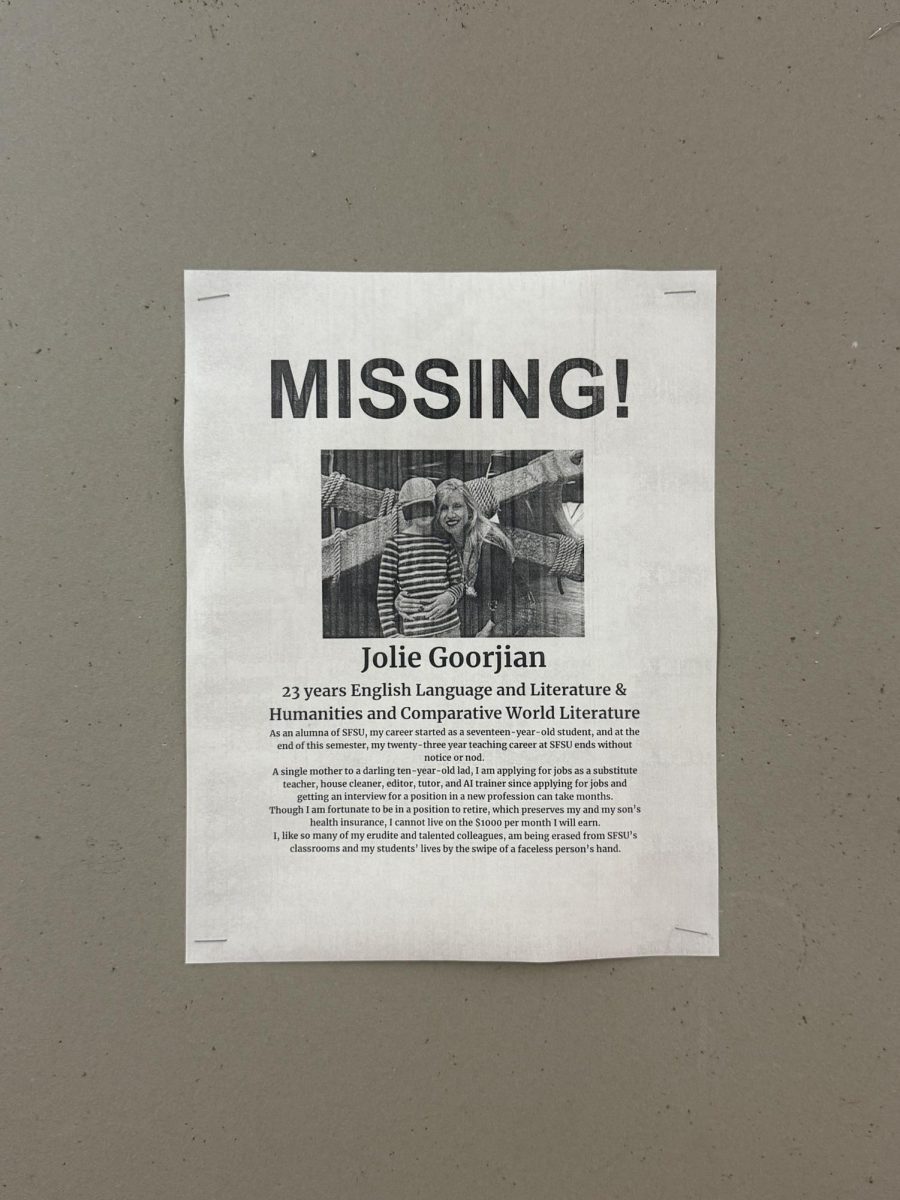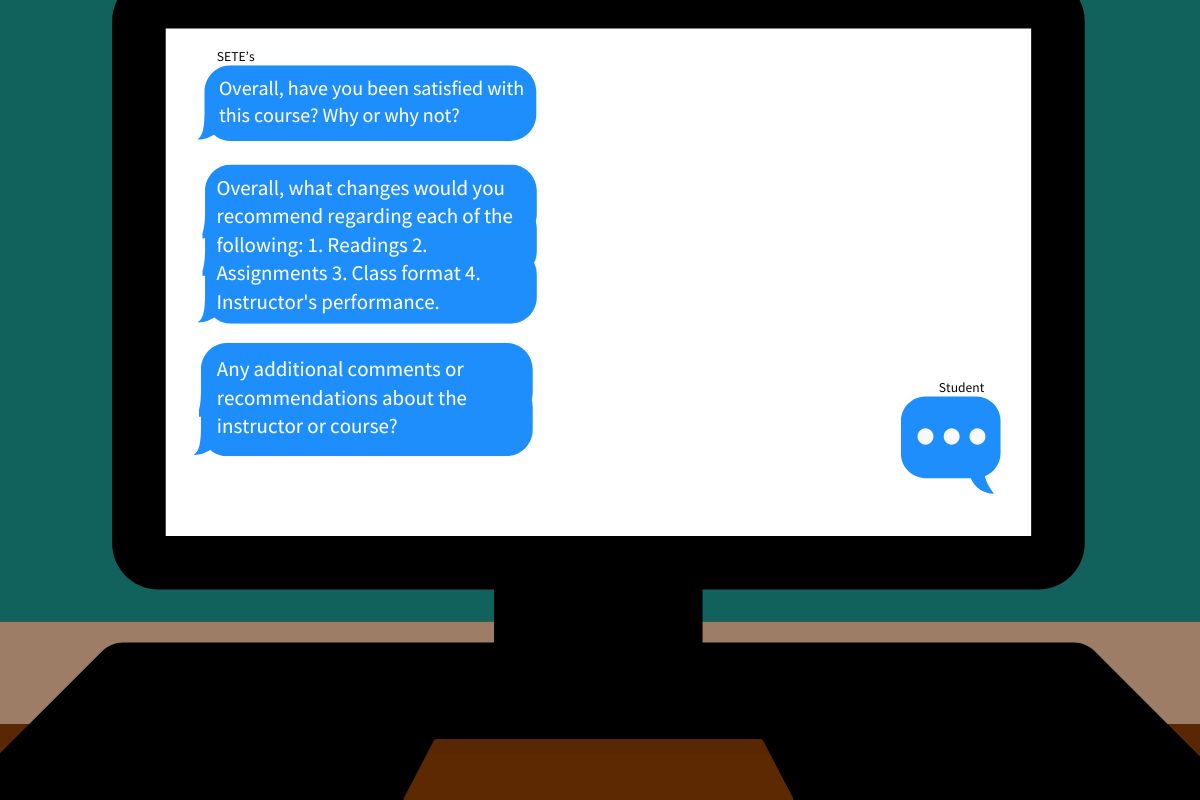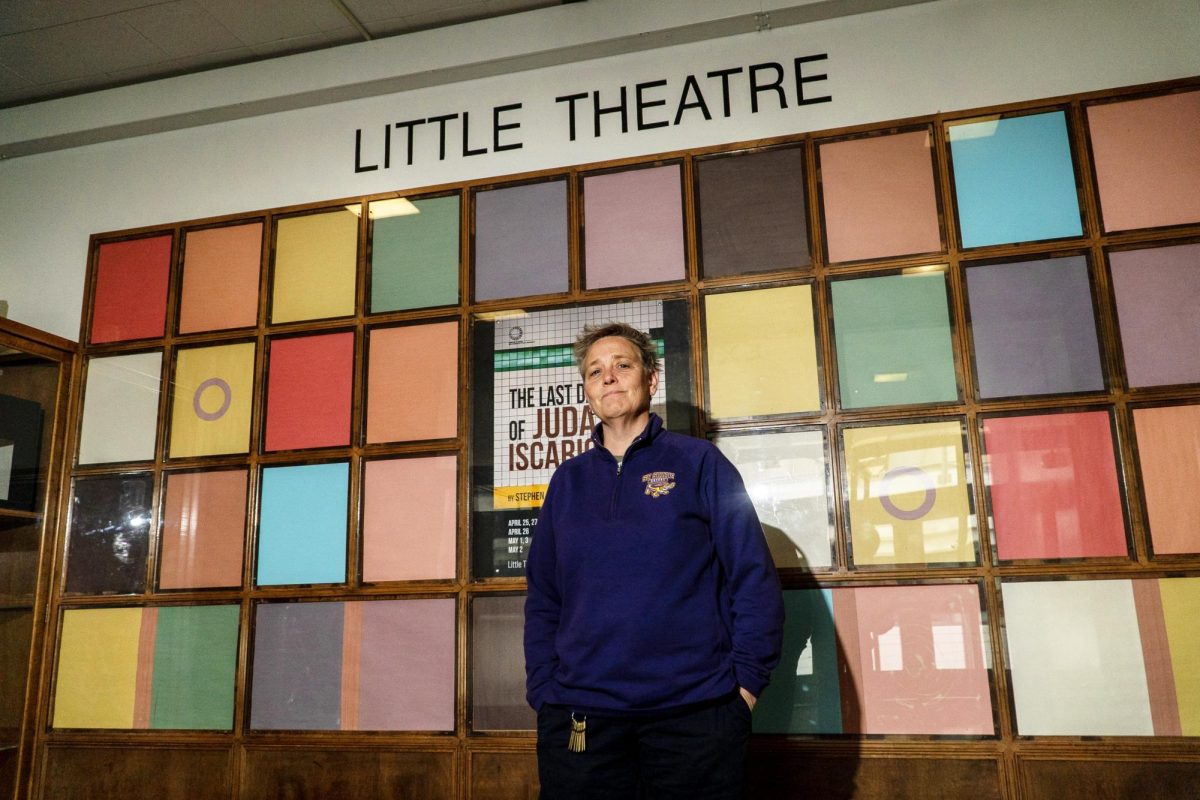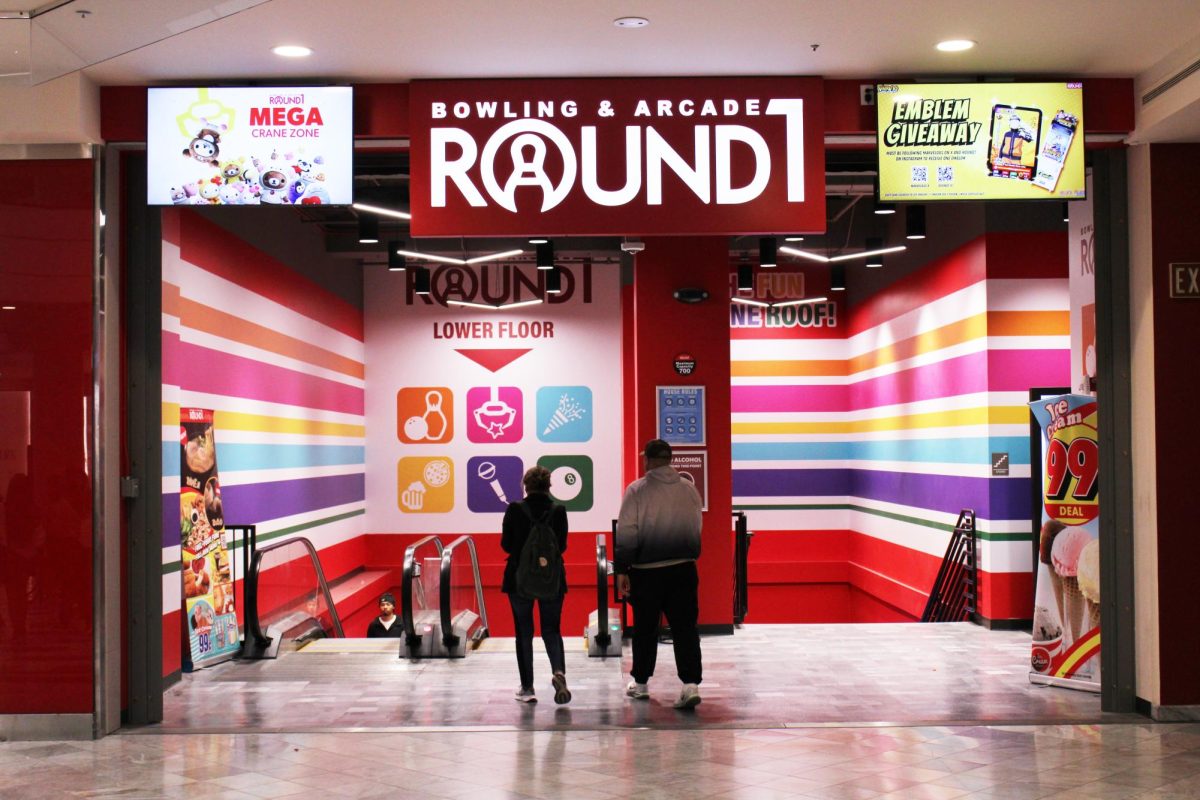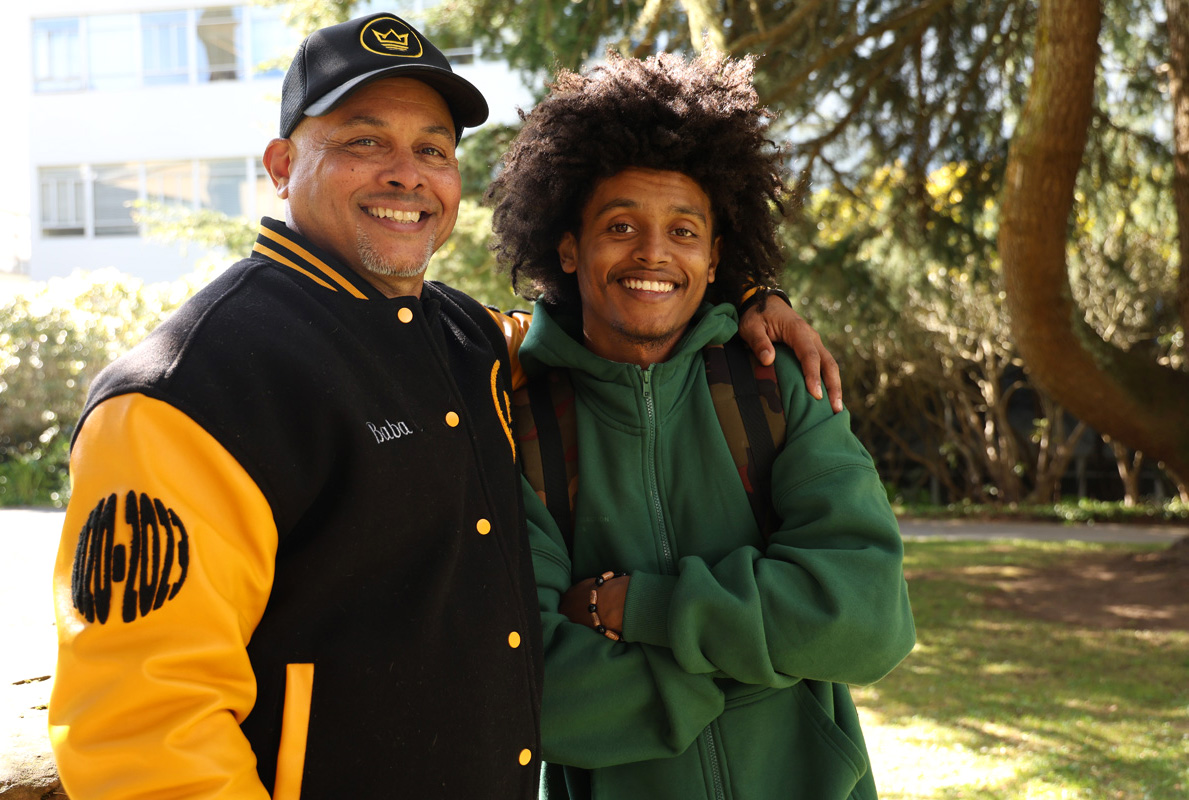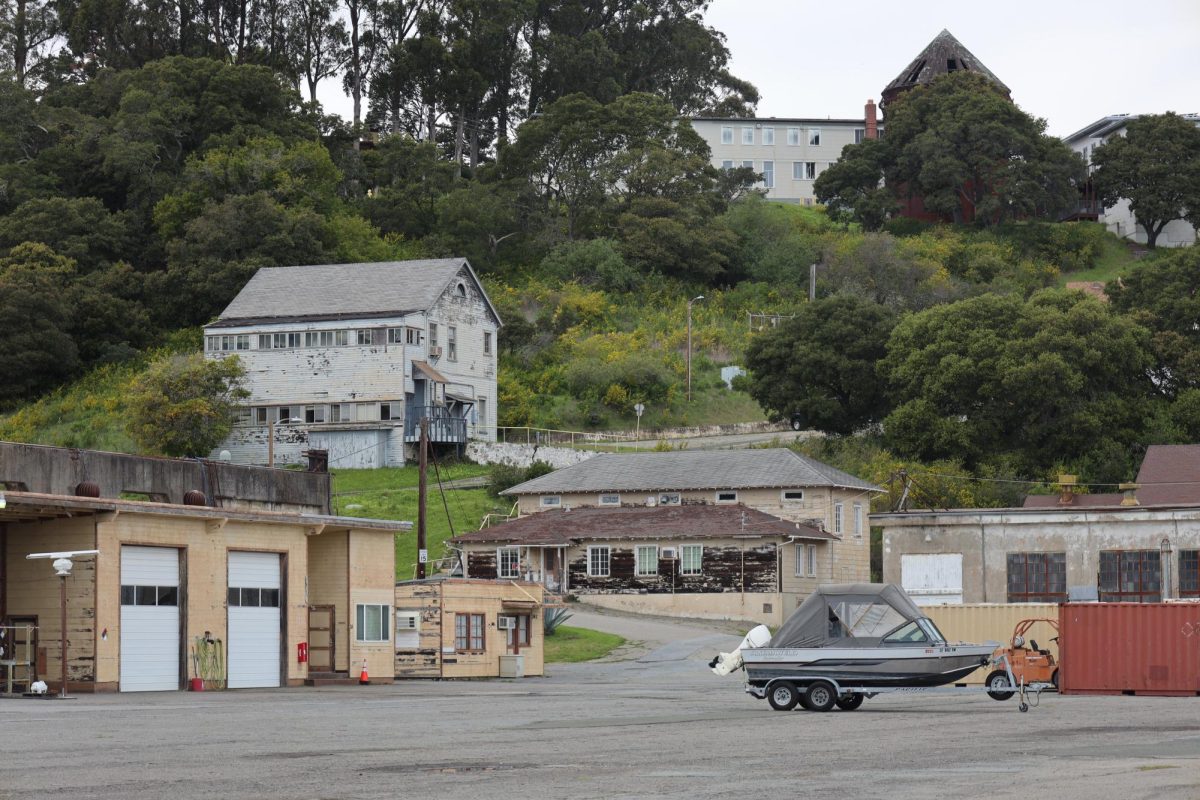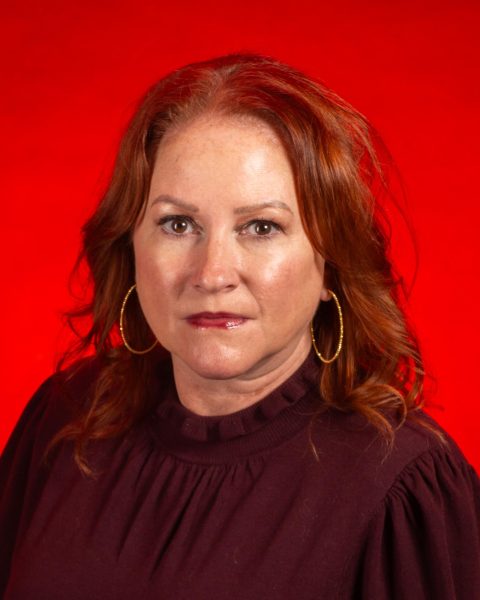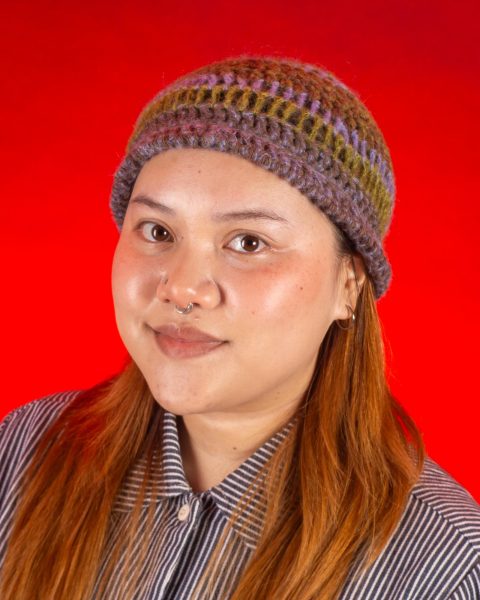The Metro College Success Program office, located on the third floor of the Health and Social Sciences building, is often buzzing with activity. A student is working with Danny Paz Gabriner, a student services coordinator, on class options for her schedule while students Rachel Lee and Whim Huynh hang out and eat lunch.
The office walls are covered with photos of students from many backgrounds — Asian, Black, Latinx and more, learning together, and flyers for services such as advising, mixers and more. This program is available to students who need additional support to help them through their college experience.
In 2007, Mary Beth Love, the executive director of Metro, recognized that underrepresented students were graduating at an increasingly lower rate. To help reverse this, she co-launched the Metro College Success Program at SF State. The mission was to improve equity and academic success through supportive and socially responsive education programs.
The Metro Success Program aligns with a California State University system-wide mandate to set high-achieving goals to raise graduation rates. According to the Public Policy Institute of California, the state will be about 1.1 million college graduates short of meeting the demand for skilled workers with a bachelor’s degree by 2030. SF State is the only CSU offering a program like Metro to students.
Minority groups typically graduate 10% less than the students across SF State according to CSU Academic and Student Affairs. Metro attempts to close this gap by creating a community where students are joined by their peers across each of the colleges. With a focus on ethnic studies, they are paired together as a cohort that joins in classes for two years.

on September 27, 2023. (Tam Vu / Xpress Magazine) (Tam Vu)
And it is working — students in this program graduate at a rate of 9% higher than students across the university, according to Love. The numbers have consistently gone up over the last two years, according to the Metro program’s website.
Members of the Metro program gained a better understanding of their higher education future, like former Metro member Gerson Ascencio.
“I was already scared of going to college,” said Ascencio. “I was gonna be the first in my family to ever go […] so […] being part of a community that could support me and also have mentors that could guide me along the way was something that I needed.”
According to the program’s website, 99% of Metro students are from low-income communities.
“As they started to kind of dig into the data a little bit… [we saw that] we’re losing almost half of our students of color,” said Savita Kumari Malik, Metro’s director of curriculum. “By the time they get to their junior year, they’re dropping out.”
To target students, the Metro team built a recruiting strategy where faculty go to lower-income schools around the Bay Area and teach students about what the program has to offer.
“There were quite a number of people looking for programs over at SF State to help us out,” said Huynh, who also received a visit from Metro during high school. “I was pointed to the Metro program. I was attracted to the smaller classrooms.”
Today, there are 1,030 students in the 2023 cohort, which is about 32% of full-time freshman students. 47% of SF State’s minority students are enrolled in Metro, according to the department.
The Metro program helped students like Lee find the resources they needed such as guidance on class schedules, tutoring for schoolwork and more.
“I didn’t do very well academically in high school. I thought it was really important to get into a program that talks about supporting students and having a bunch of resources,” said Lee. “So I felt like I had to join.”



